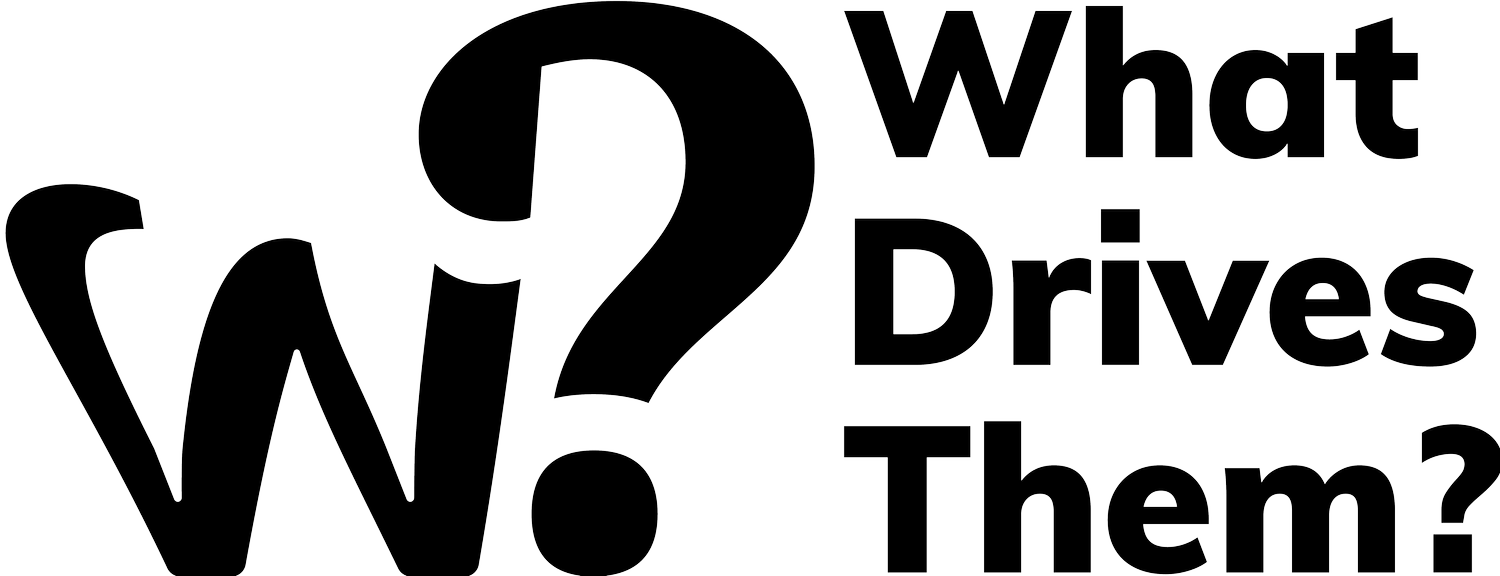The Power of Task-Based Recruitment in UX: A Consumer Psychology Perspective
I am in favour of giving a test to potential recruits. I know it might seem a bit unconventional, especially in the UX world. But let’s explore when it’s appropriate to do so.
Recently, I came across a post on Reddit discussing a test sent to candidates at the beginning of the interview process. The company updated the job post after receiving 700 applications to include a task that would take 10-30 hours to complete. I find this a bit excessive, even though I do include a task as part of the interview process.
Let's discuss why one might include it from a recruitment process and consumer psychology perspective.
In our recruitment process, we usually set a 3-4 hour task—something manageable, but enough to be considered a hurdle. This task is typically added at the very end of the recruitment process, when we have narrowed it down to three ideal candidates. Importantly, we inform them about this from the start of the recruitment process. Interestingly, or perhaps not surprisingly, only one person usually completes the task, and that’s precisely the individual we would want to hire—the one who navigated the obstacle and was committed to finishing.
From a consumer psychology standpoint, this approach leverages the concept of "effort justification," where individuals perceive the value of an outcome based on the effort they put in. By setting a manageable yet challenging task, we filter out candidates who lack the motivation and commitment to go the extra mile. This ensures that we attract and retain those who are genuinely invested in the role and are likely to bring that same level of dedication to their work.
Effort justification is a key principle in behavioural design, where the perceived value increases with the amount of effort exerted. This can also be seen in consumer behaviour, where customers value products or services more when they have put in significant effort to obtain them. Applying this principle to recruitment helps ensure that the candidates who succeed are those who are most dedicated and aligned with the company's values and expectations.
Thus, incorporating a task can be a strategic move in recruitment, aligning with principles of consumer behaviour and ensuring we select candidates who truly fit the role. It not only helps identify the most committed and capable candidates but also sets a standard of excellence from the outset.
If you’re interested in how behavioural design and consumer psychology can enhance your recruitment process, I invite you to explore these principles further. Understanding the underlying motivations and behaviours can lead to more effective and strategic hiring decisions.


